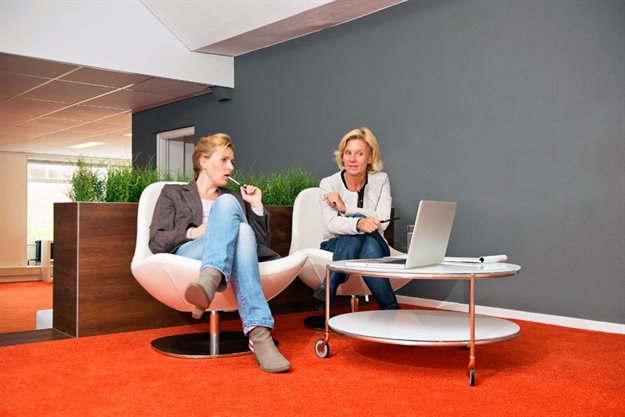
Top stories






More news















The hybrid office model brings flexibility and freedom to employees, who may not have been able to work remotely before. And it enables companies to reduce their office space overheads - from rental to coffee.
Adopting a hybrid workplace model means companies can reduce their office space requirements because only some of their employees will be in an office at any given point. The rest will be working from home, or on the road (as sales and support teams often are).
Lockdown forced many companies to digitalise their processes and systems in order for employees to be able to work from anywhere and keep the business running. Modern cloud-based telephony and business systems have even enabled call centres, collection agencies and other entities that traditionally worked from a central point to go remote.
“Covid-19 has made us all rethink our working models,” says Euphoria Telecom CEO John Woollam. “Workforce management has become more agile out of necessity and we are reinventing internal processes to facilitate freedom of movement. Hybrid working could result in better work/life balance, increase productivity and lower costs for organisations – even beyond Covid.”
Low levels of business activity under hard lockdown pushed many companies to cut costs rapidly. As organisations claw their way back under level 1, there is still a lot of catching up to do. Office space was one of the first casualties when lockdown restrictions were imposed. But a June survey revealed that 86% of South African workers wanted to go back to work during lockdown.
Some organisations have adopted priority hotdesking or a desk booking system. In these cases, staff choose – or are allocated – priority days when they need to be in the office, and desks are allocated accordingly.
Moving to a hybrid office model will require companies to help their teams set up formal workspaces at home, and ideally they should offer some means of financial support for them to do this.
Internet connectivity, cloud-based business systems and VoIP telephone solutions facilitate working from anywhere and do not require extensive capital outlay to set up. Storage, and office applications are moving into the cloud and this also makes collaboration from a distance more seamless.
“Remote and hybrid working solutions during the pandemic are empowering employees to feel safer, work more independently and become more responsible for delivering on their KPIs,” comments Woollam. “Local companies have the chance to improve employee satisfaction, reduce stress, increase productivity and cut costs. Implemented effectively, hybrid workspaces will prove to be beneficial for employees and businesses in 2021 and beyond.”